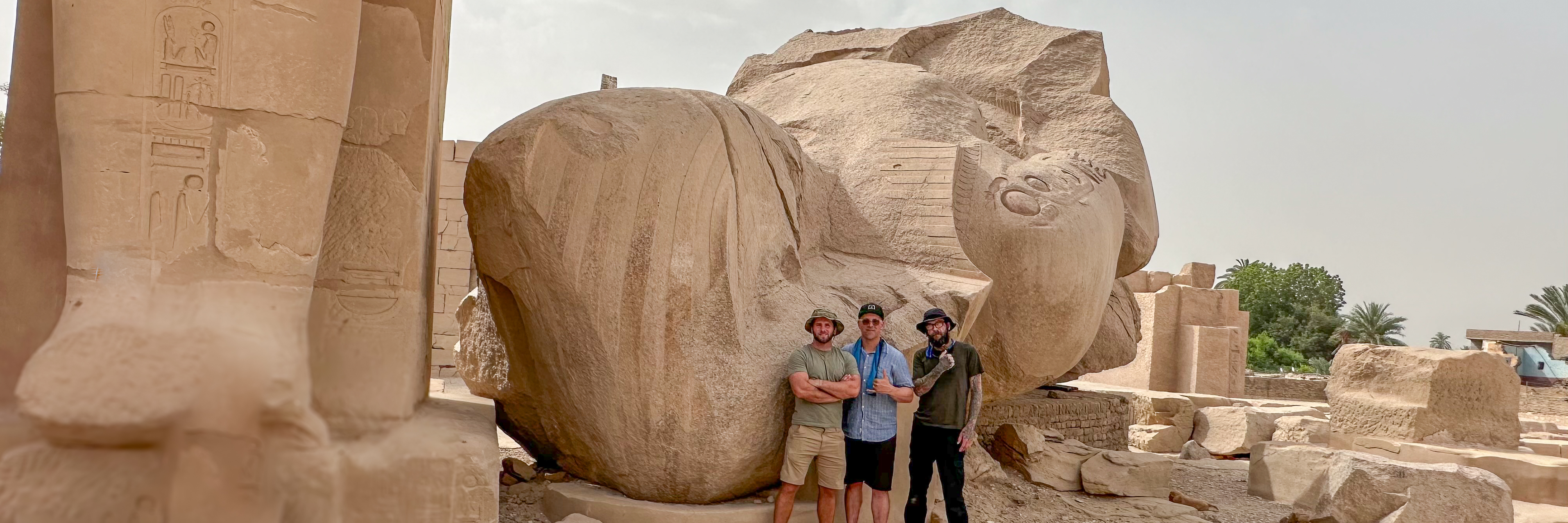Titus Flavius Josephus (37 BC – 100 AD) was a first-century Romano-Jewish scholar, historian and hagiographer, who was born in Jerusalem—then part of Roman Judea—to a father of priestly descent and a mother who claimed royal ancestry. Josephus recorded Jewish history, with special emphasis on the first century and the First Jewish–Roman War, including the Siege of Masada. His most important works were The Jewish War (75 AD) and Antiquities of the Jews (94 AD). The Jewish War recounts the Jewish revolt against Roman occupation (66–70 AD). Antiquities of the Jews recounts the history of the world from a Jewish perspective for an ostensibly Roman audience. These works provide valuable insight into first century Judaism and the background of Early Christianity. [1] In his writings Josephus references ancient giants in several places…
“For which reason they removed their camp to Hebron; and when they had taken it, they slew all the inhabitants. There were till then left the race of giants, who had bodies so large, and countenances so entirely different from other men, that they were surprising to the site, and terrible to the hearing. The bones of these men are still shown to this very day, unlike to any credible relations of other men.”
“They had a man who was six cubits tall, and had on each of his feet and hands one more toe and finger than men naturally have. Now the person who was sent against them by David out of his army was Jonathan, the son of Shimea, who fought this man in a single combat, and slew him; and as he was the person who gave the turn to the battle, he gained the greatest reputation for courage therein. This man also vaunted himself to be of the sons of the giants. But after this fight the Philistines made war no more against the Israelites.”
“For many angels of God accompanied with women, and begat sons that proved unjust, and despisers of all that was good, on account of the confidence they had in their own strength; for the tradition is, that these men did what resembled the acts of those whom the Grecians call giants.”
“Then the army of the Assyrians came upon them, under their commanders Amraphel, Arioch, Chodorlaomer, and Tidal. These kings had laid waste all Syria, and overthrown the offspring of the giants.”
“The cities were strong with walls, and their firm fortifications round about them. They told them also, that they found at Hebron the posterity of the giants. Accordingly these spies, who had seen the land of Canaan, when they perceived that all these difficulties were greater there than they had met with since they came out of Egypt, they were aftrighted at them themselves, and endeavored to affright the multitude also.”
“A little afterward the king made war against the Philistines; and when he had joined battle with them, and put them to flight, he was left alone, as he was in pursuit of them; and when he was quite tired down, he was seen by one of the enemy, his name was Achmon, the son of Araph, he was one of the sons of the giants. He had a spear, the handle of which weighed three hundred shekels, and a breastplate of chain-work, and a sword. He turned back, and ran violently to slay their enemy’s king, for he was quite tired out with labor; but Abishai, Joab’s brother, appeared on the sudden, and protected the king with his shield, as he lay down, and slew the enemy.”
“When the king heard that the Philistines were gathered together at the city Gazara, he sent an army against them, when Sibbechai the Hittite, one of David’s most courageous men, behaved himself so as to deserve great commendation, for he slew many of those that bragged they were the posterity of the giants, and vaunted themselves highly on that account, and thereby was the occasion of victory to the Hebrews.”



